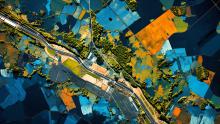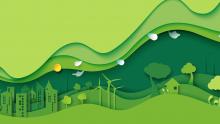Dial-a-ship: a worldwide fleet for ocean science

Marine research is essential to understanding our planet and climate change. Yet exploring the ocean can be difficult, dangerous and expensive. The EU-funded EurofleetsPlus project sought to accelerate marine research by providing scientists in Europe and beyond with access to a fleet of 27 state-of-the-art research vessels.









